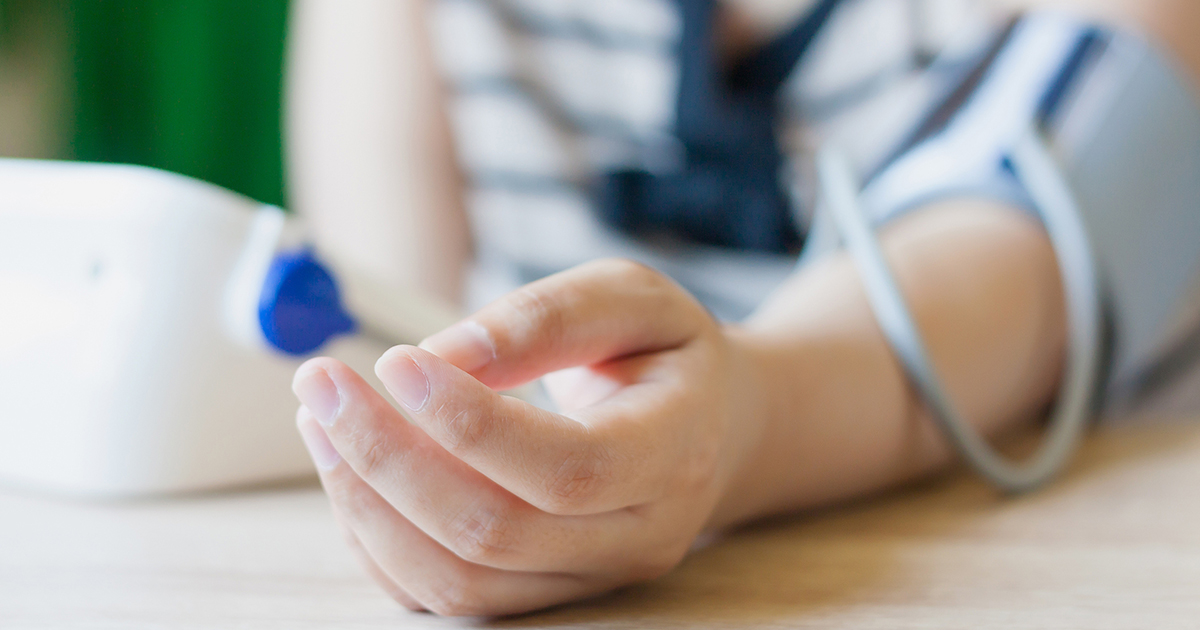3 To 5 Cups Of Coffee Could Benefit Your Heart Health
According to the 2013 National Coffee Association survey, coffee helps eighty-three percent of American adults get ready and focus each day. Although drinking coffee was once stigmatized as being as bad for health as heavy drinking and smoking cigarettes, recent studies have shown mild to moderate consumption of caffeine may actually benefit an individual's heart health. That is, as long as individuals have no heart issues to begin with. So warm up the cup, and check out all the potential benefits of drinking three to five cups a day.
Coffee's Heart Benefits

A Harvard University study published in 2015 discovered individuals who drink three to five cups of coffee each day are less likely to die from heart disease and stroke than those who drink little coffee, or none at all. However, those who drink more than five cups per day did not have any change in risk.
Similarly, in an analysis in 2013, researchers concluded those who drink coffee in moderation are less likely to develop cardiovascular disease than individuals who do not. The review showed those who drank three to five cups per day received the most considerable amount of protection and were least likely to develop heart disease or heart failure.
How Caffeine Affects Blood Pressure

A twelve-year study of over one-thousands patients with high blood pressure between the ages of eighteen and forty-five found those who drank four or more cups of coffee each day were four times more likely to have a heart attack or stroke. It is known that caffeine can cause a short and dramatic increase in blood pressure. However, there is not enough adequate information on subjects not already affected by high blood pressure.
There are quite a few ways high blood pressure can be treated at home. A standard home blood pressure monitor can be used to gauge personal caffeine tolerance and its effects on blood pressure. Test and record numbers before and after a morning coffee, and after a week of drinking significantly fewer caffeinated-beverages, try the test once again. It has been recommended that if individuals decide to give up caffeine, for them to gradually lower their intake to avoid symptoms of withdrawal.
